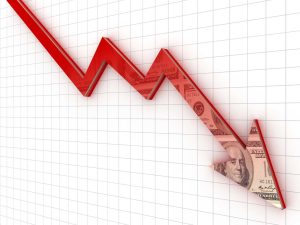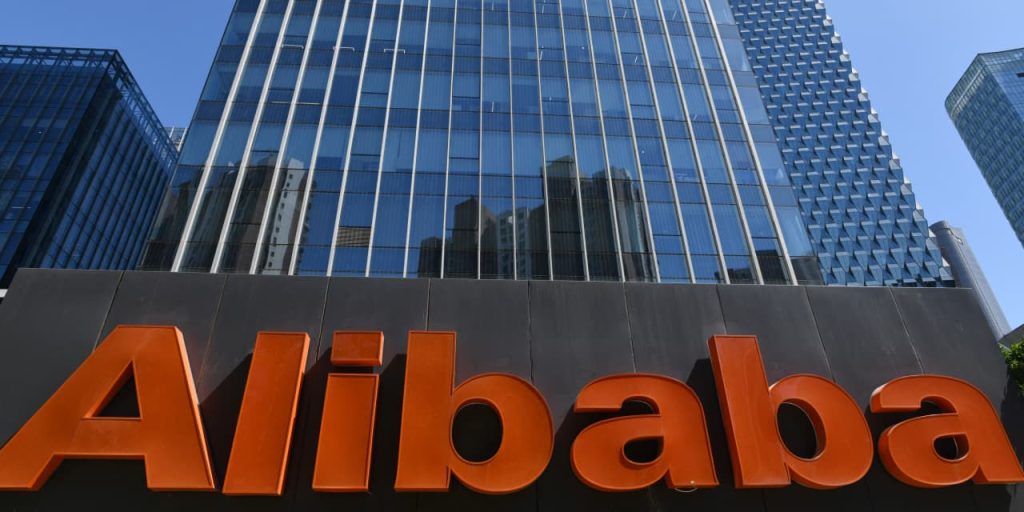When
Alibaba
reports its quarterly results on Thursday, its ability to weather a slowdown in the world’s second-largest economy will be in focus, especially after peer JD.com reported unexpectedly strong earnings on Wednesday.
The consensus call among analysts tracked by FactSet is that Alibaba (ticker: BABA) will report earnings of 15.28 yuan ($2.11) a share from revenue of 224.5 billion yuan ($31 billion). If the results for the three months to the end of September—the company’s second fiscal quarter—are in line with what the Street expects, it would represent profit growth of 18% from a year earlier with revenue up 8% from 2022 levels.
That wouldn’t be too shabby for Alibaba, especially given the context. While growth at the e-commerce and cloud-computing powerhouse has slowed as a result of weakness in China’s economy, Alibaba reported better-than-expected results for its first quarter thanks to a focus on improving efficiency and cutting costs.
Investors will be hoping for a repeat in the September quarter. Optimism likely has been boosted following results from
JD.com
(JD) on Wednesday, which beat Wall Street’s estimates for earnings and revenue. Alibaba’s American depositary receipts gained 3.8% in U.S. trading Wednesday, while JD.com’s ADRs gained 7%.
In addition to operating efficiency, JD.com credited a focus on attracting consumers with lower prices for its strong results. It make sense, given an economic backdrop that has hit consumer spending, threatening e-commerce. Investors will surely be searching for evidence of the same strategy in Alibaba’s results.
Alongside the core e-commerce business, the focus is also likely to fall on Alibaba’s cloud-computing arm. That is the corporate home of its efforts in artificial intelligence and is primed to be spun off to shareholders as part of a wider restructuring the company announced earlier this year.
The company plans to split itself up and transform itself from a conglomerate to a holding company in a bid to deliver value to shareholders. There has so far been little material progress, partly because China’s economic slowdown has slammed capital markets, though Alibaba said in September it had submitted an application to spin off its Cainiao logistics arm.
Updates on that restructuring will also be in the spotlight.
Shares in Alibaba have retreated 1.2% in 2023, leaving it ahead of the
Nasdaq Golden Dragon China Index,
which has dropped 3.5%. Stock in JD.com has fallen 49%.
Write to Jack Denton at [email protected]
Read the full article here















